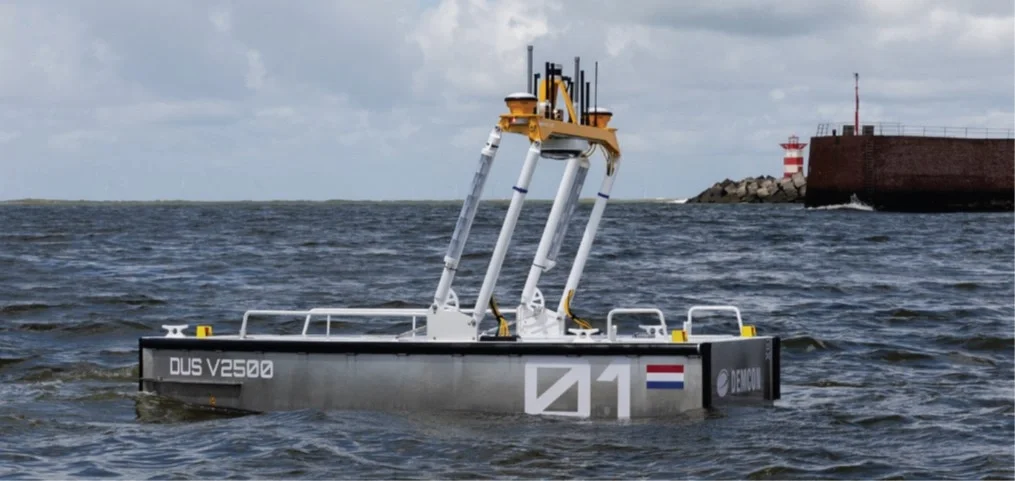TNO is the Netherlands Organization for Applied Physics, instituted by law in 1932 as an independent institute for government and industry. Its main objective, in the naval context, is to build and maintain a solid knowledge base to assist the Royal Netherlands Navy and the Defence Materiel Organisation in its role as smart specifier, smart buyer and, sometimes, smart developer of state-of-the-art naval capabilities.
Between now and 2030, the Royal Netherlands Navy aims to replace most of its major combatants: two Van Speijk-class frigates and the aging Tripartite MCM capability, in cooperation with Belgium (2025); four Walrus-class submarines with an international partner (2027). Later, four Zeven Provinciën-class air defence and command frigates (2033), and 12 auxiliaries will also be replaced. The first project at hand is building a combat support ship (2022), based on the existing Karel Doorman-class Joint Support Ship.
To retain their operational relevance in the full spectrum of combat operations for 30 years to come, these ships need to be designed, built and maintained in an adaptive and flexible way.
International cooperation in European and NATO navies is paramount, but Dutch industry can and will play a substantive role, based on close cooperation with the government and knowledge institutes, such as TNO and MARIN, that resulted in top-notch, but affordable warships. TNO has 70 years of expertise in manning and automation; unmanned naval enablers; autonomous systems; acoustics and sonar; weapons and sensor integration; combat systems and fire control; BMD; ships signature management; resilient ship design; hydrodynamics and noise reduction, with MARIN; and radar system development with Thales Netherlands. Future-proof, TNO is the partner of choice for disruptive technologies.


